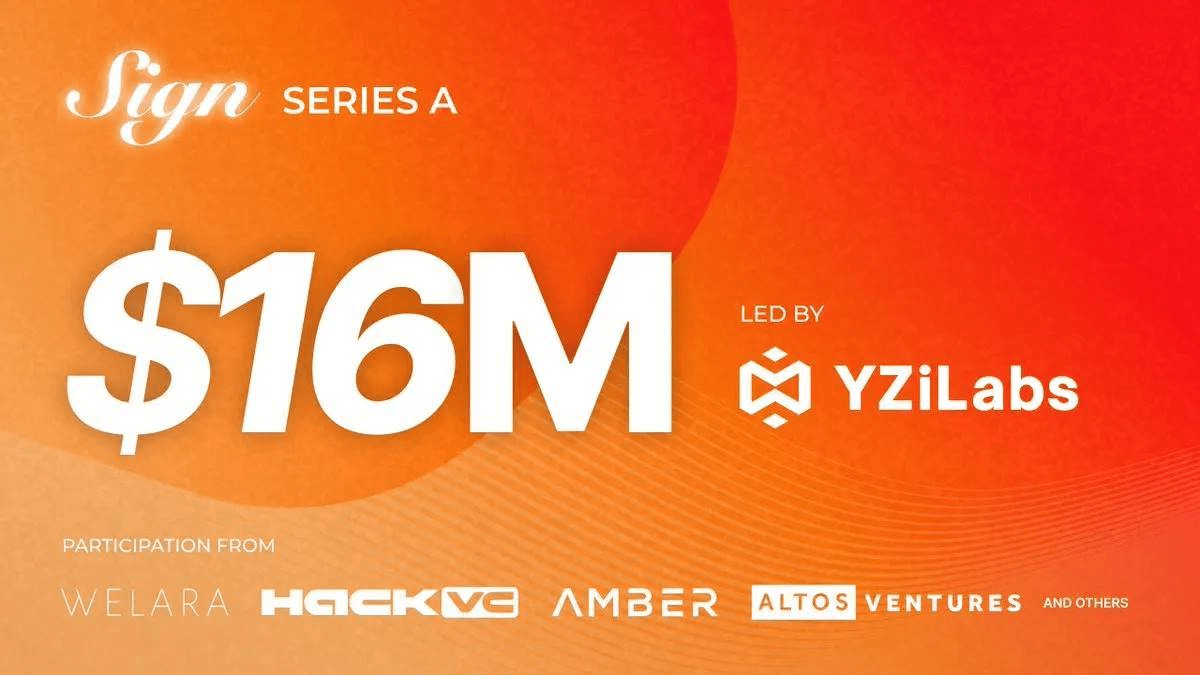
Sign Protocol @Sign Official is not a purely conceptual protocol but a practical one that has already been implemented in real government-level digital infrastructure, and it has achieved stable profitability—this is rare in the entire Web3 field.
Sign Protocol primarily serves as a full-chain authentication protocol, providing digital public infrastructure for governments while also acting as underlying support for dApps. In simple terms, it helps verify identity, ownership, and ensures the secure and reliable execution of smart contracts. It has already been implemented in countries such as the UAE, Thailand, and Sierra Leone, and it is said to expand to Barbados, Singapore, and over twenty other countries and regions next. This level of government cooperation not only brings stable business demand but also makes it one of the few truly profitable Web3 infrastructure projects.
In addition to government business, Sign @Sign Official also has a product called TokenTable, which is a token distribution platform based on smart contracts. Many Web3 projects use it for airdrops, managing token ownership and unlocks, and it operates very smoothly, significantly reducing management costs for project teams. The business model is also clear: revenue is generated through protocol usage fees and platform transaction fees. In 2024, Sign's revenue reached $15 million—this figure is indeed impressive in the currently 'burning money stage' of the Web3 industry.
In terms of funding, Sign has raised a total of $32 million: $14 million in the 2022 seed round, led by multiple branches of Sequoia Capital; and another $16 million in the 2025 Series A round, led by YZi Labs. More importantly, the project team has completed a $12 million SIGN token buyback. The buyback not only reduces the circulating supply in the market but also directly enhances the token's scarcity and holder value, showcasing the team's confidence in long-term development. #Sign大展橙图
Recently, $SIGN launched on Binance Alpha, which will undoubtedly bring more attention and liquidity. From an investment perspective, Sign has real revenue, a clear business model, solid institutional backing, and a continuously expanding network of government collaborations, so I believe its valuation has considerable room for imagination. Compared to some similar infrastructure projects, such as Chainlink or The Graph, $SIGN its current market value still has potential.
Lastly, it is worth mentioning that Sign's app has already launched and is available for download on both Apple and Android. It is not a single-function application; rather, it deeply integrates identity, community, and economic systems, making it quite user-friendly and reflecting the project's attention to user experience.
Overall, Sign Protocol is not the kind of project that just tells stories. It has revenue, has been implemented, has buybacks, has expansion plans, and with exposure from the Binance platform, it is indeed worth paying attention to. If you are also looking at the Web3 infrastructure track, you might want to keep an eye on its progress.

